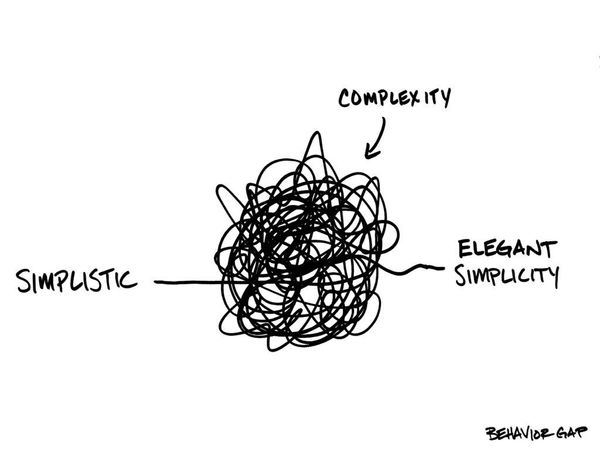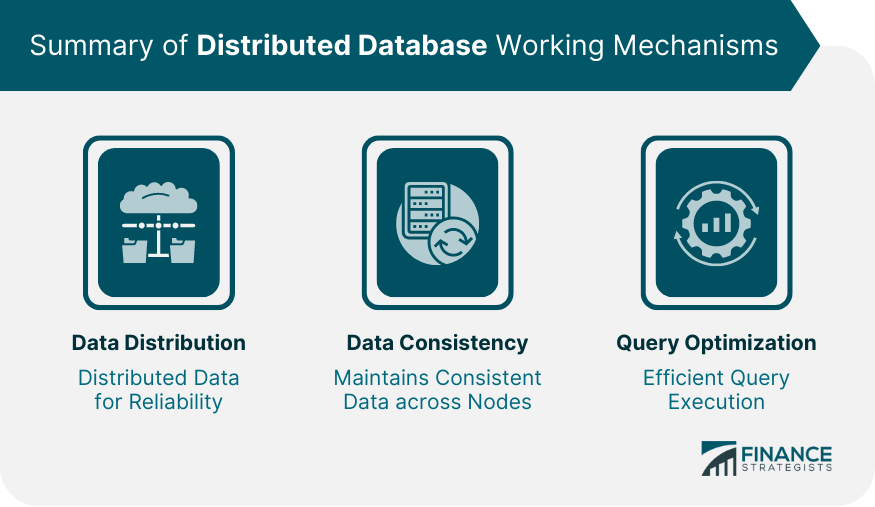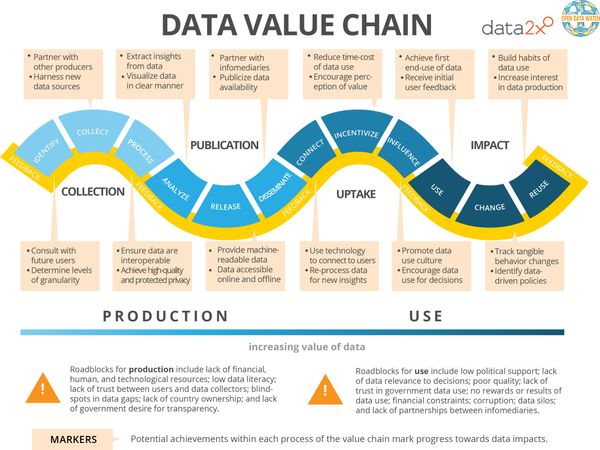SQL databases have played a vital role in the evolution of data storage and access. With these SQL databases, structured data could be stored and accessed very easily at scale, which has paced the enterprise operations. It was the SQL databases which formed the backbone of the online operations as the data was accessed at different stages.
This made it very important for the databases to perform well all the time to make the business operations happen seamlessly. To ensure a high performing database, expert DBAs are consulted and hired for conducting database performance tuning regularly.
With a fleet of different options available in the market, it is also very important to choose the right database which suits your business requirements in the best possible way. Two such SQL databases are MariaDB and PostgreSQL. In this article, we would explore the difference between the two databases and which one would be more suitable for your enterprise data.
MariaDB vs PostgreSQL
Although both MariaDB and PostgreSQL are open source databases, still they are different from each other. Here are a few differences between MariaDB and PostgreSQL:
- MariaDB vs PostgreSQL performance
Going by the performance factor, both MariaDB and PostgreSQL are high performing databases which are used for enterprise data management. But out the two, PostgreSQL has shown better performance in terms of turn around time than MariaDB.
PostgreSQL has speedy read and write, making it preferred for the businesses where the speed of data access matters a lot.

It is due to the quick data access, PostgreSQL is often preferred over MariaDB by the business, especially when the data to be managed is at scale.
- MariaDB vs PostgreSQL Data type handling
MariaDB often automatically corrects when the data type of the input does not match with the given data type and notifies it with an alert message. On the other hand, PostgreSQL does not make any automatic corrections.
Instead, if there is any discrepancy in the data type of the input, PostgreSQL shows an error and does not accept the data until it matches with the required data type.
PostgreSQL is more strict in terms of data integrity than MariaDB, in which the user has to be more careful while entering data inputs.
- MariaDB vs PostgreSQL Features
PostgreSQL has a lot of advanced features to offer such as Materialized Views, and Partial Indexes, which helps in optimizing the database performance. On the other hand, MariaDB does not support Materialized Views and Partial indexes.
While MariaDB supports Master-Master replication apart from the Master-Slave replication, PostgreSQL supports only Master-Slave replication, not supporting the former replication.
PostgreSQL supports JSON and JSONB, while MariaDB supports alias for JSON, unlike PostgreSQL.
- MariaDB vs PostgreSQL Size
MariaDB has a considerably smaller size as compared to that of PostgreSQL in different OS versions. MariaDB is lighter, making it a preferred choice if you are looking for a lighter database and is short on memory allocation.
- MariaDB vs PostgreSQL Partitioning
MariaDB supports partitioning via sharding with Spider storage engine/ Galera Cluster and also supports horizontal partitioning of the table. On the other hand, PostgreSQL does not support any of these, thereby not supporting partitioning of the table at all.
MariaDB vs PostgreSQL: Make the right choice
Both MariaDB and PostgreSQL are popular databases which enjoy a huge following among the developer’s community. It is always important to choose the database which complies with your business requirements in the best manner. Having their own sets of pros and cons, both the open source platforms have been playing vital roles in enterprise data management landscape.
Often the business requirements play an important role in deciding upon which database to choose. It always requires expert consultation of diligent DBAs which could suggest the most suitable option.
Keeping all the above-mentioned pros and cons, it is up to a DBA to make the right choice, understanding the core business requirements, setting up the priorities accordingly. If you are looking for advanced features, and speed, then PostgreSQL could be a smart choice. While on the other hand if you are looking for database support for your website, apps or multimedia platforms where the size of the database matters.
It is always advisable to consult a diligent DBA to make the right choice. OptimizDBA offers the best suitable options for your enterprise and helps you build and maintain a robust database for your enterprise.

If you are looking for an expert consultation for a high performing database, then OptimizDBA is your destination. Feel free to contact us and we will be obliged to help you build a strong enterprise database.







